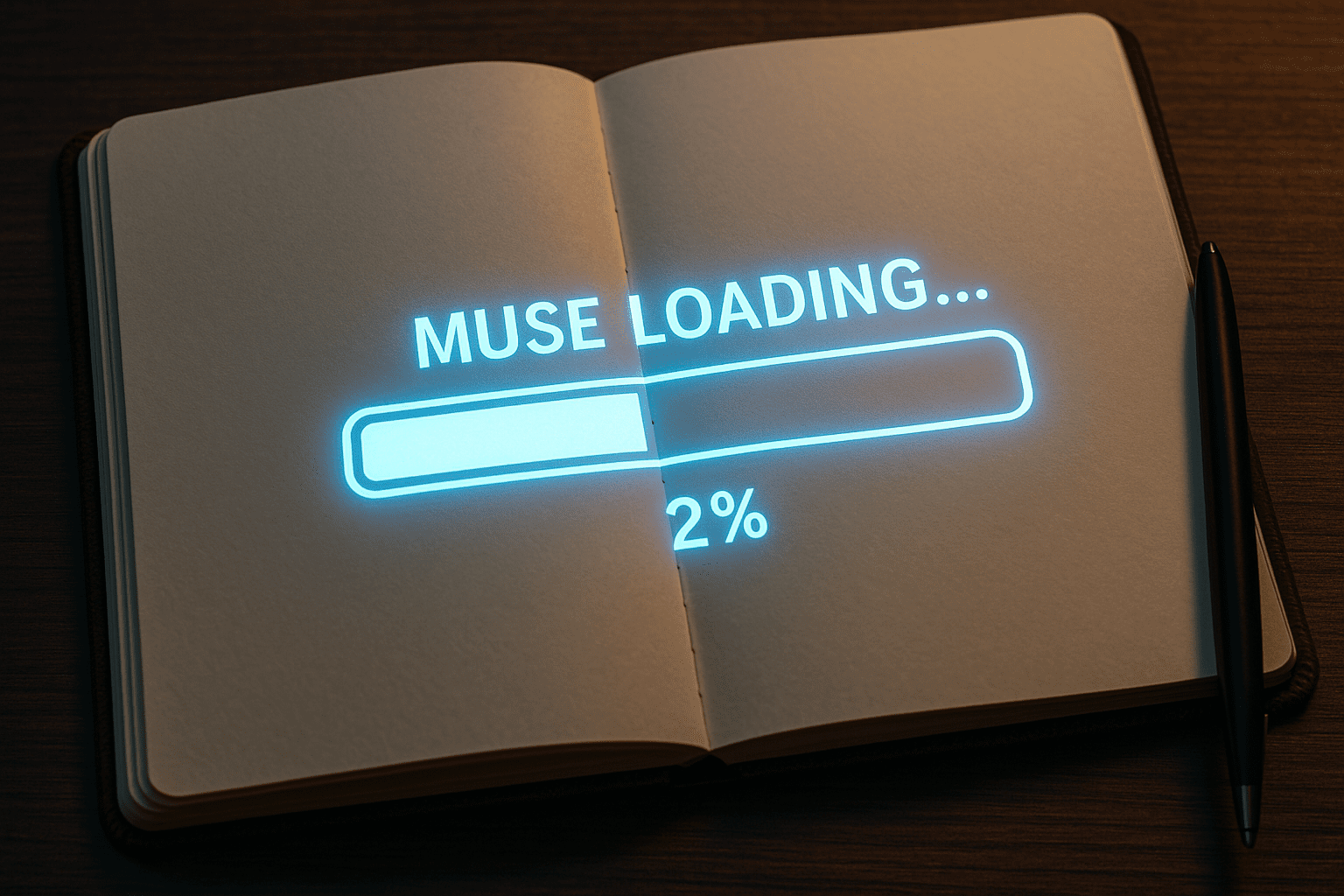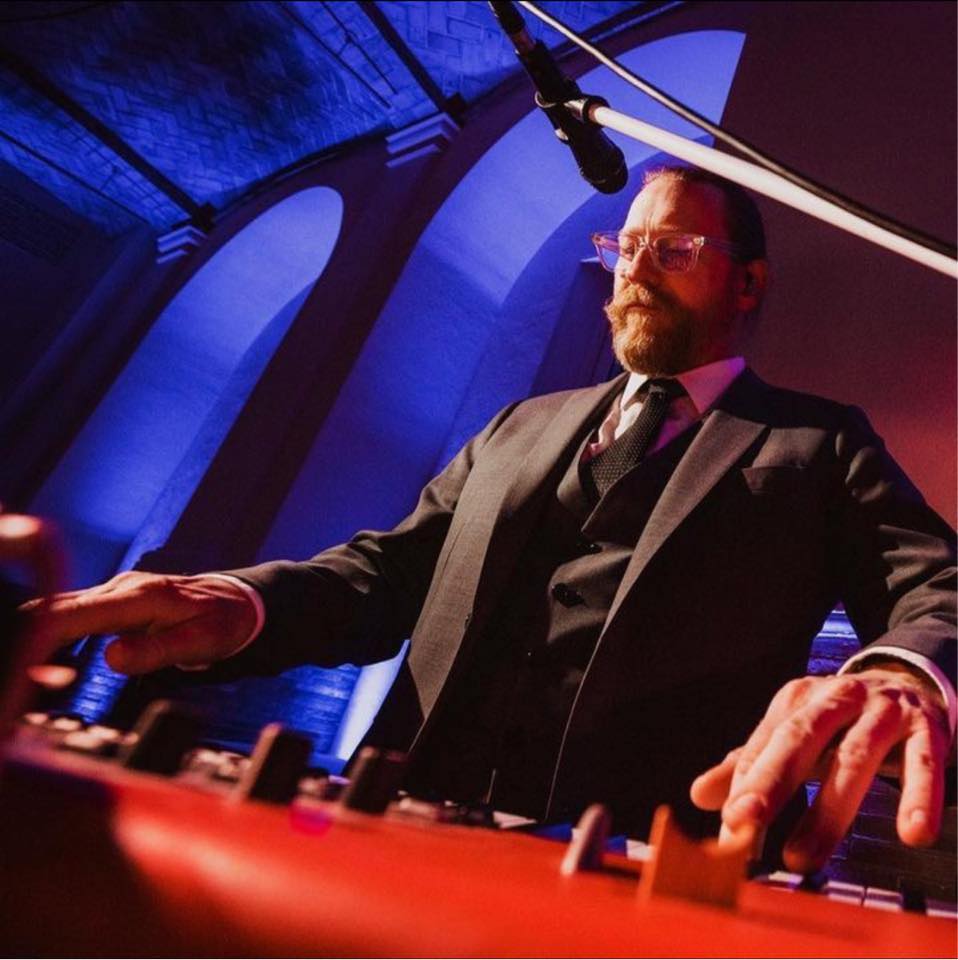
Most songwriters believe they need to feel inspired before they can write something great.
But that belief is killing their momentum—and their output.
The Problem
The myth of divine inspiration is baked into our culture. Movies show songwriters waking up at 3 a.m. with a fully formed chorus. Interviews with legendary artists are filled with phrases like “the song just came to me.” Add in the romanticism of being a tortured genius, and you’ve got a recipe for procrastination disguised as process.
And the result?
- Weeks go by with zero finished songs.
- Writers beat themselves up for not “feeling it.”
- Ideas get hoarded instead of explored.
Here’s Why That Belief Is Broken
Inspiration is not a prerequisite. It’s a byproduct.
In fact, studies on creativity show that consistent effort generates inspiration, not the other way around. When you show up daily and write, you train your brain to find creative patterns faster. I’ve written some of my best hooks on days I didn’t “feel creative.” But because I sat down anyway, the engine got warmed up—and magic followed.
If you ditch the muse myth and embrace a daily habit, you'll stop waiting and start creating. Songs will pile up. Your skills will sharpen. And one day, inspiration will finally show up—but you won’t need it anymore.
How To Flip This Mental Switch
Start writing whether you feel like it or not.
Use a simple prompt: “Write one verse about what I saw today.” Or set a 10-minute timer and finish anything. Action breeds momentum. And momentum breeds mastery.
Once you let go of needing to “feel ready,” your songwriting will finally become consistent. You’ll finish more. Publish more. Grow faster. And you’ll discover that discipline feels way more satisfying than waiting on a fickle muse.
Why the "Muse" Is on Her Way Out
Back at the top, we talked about how inspiration has been glorified. But times have changed.
We now know:
- You don’t need to suffer to create great work.
- Systems and habits outperform emotion.
- The most prolific artists treat songwriting like a job, not a mood.
The future belongs to the practicing songwriter, not the “waiting” one.
The muse isn’t dead. She just prefers showing up to people who have already started writing.

